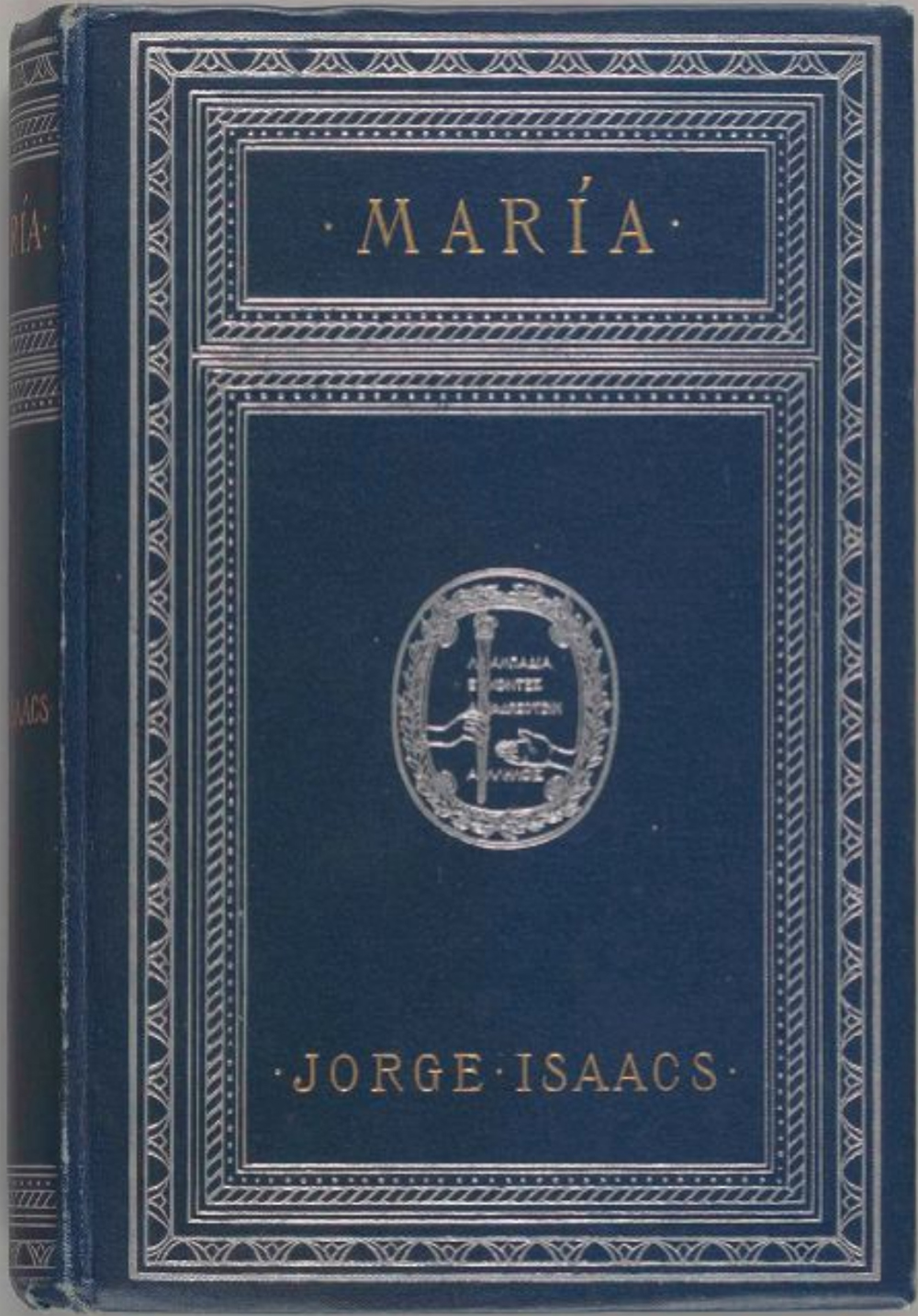 María, A South American Romance
María, A South American Romance was written by Jorge Isaacs, a Colombian writer, journalist, and politician. Published in 1867, this famous Latin American novel is part of the Romantic literary movement.
The story
María was recommended to me, and it took me a full month to track down an English translation from the original Spanish. Luckily, through an interlibrary loan, I checked out a translation of Jorge Isaacs's story by Rollo Ogden, which was published in New York by Harper & Brothers in 1890. I was excited to be able to read the novel.
The story is told by a man named Efraín, who is reminiscing about his youth. Efraín describes his return home from college. He is in love with María, a girl raised by his family. Efraín wants to declare his love to María, but his parents forbid him from doing so until he completes his medical education in Europe.
Meanwhile, María is suffering from a rare form of epilepsy that killed her mother. Efraín's parents and María's doctors feel that a declaration from Efraín would result in a severe attack and have dangerous consequences for María's health. This belief plays into his parents' reasoning.
In the meantime, Efraín and María’s flirtation continues and their misunderstandings grow. Social factors and their obedience to their elders prevent them from speaking honestly to one another about their feelings. As Efraín and María suffer in silence, their elders respect them more. Efraín and María are young, but they take pride in their honesty and highly value their promises. The two have clear motivations, but must act in a specific societal order. The description of their romance felt so different from the present day in which people are free to act on their whims.
My favorite part was when an immature Efraín threw away flowers he intended to give María because she had not arranged flowers for him in his room. This misunderstanding affected them both greatly because their small acts of affection were so important to them. After this misunderstanding, they had to truly speak to one another to resolve their ill feelings and insecurities. I thought Efraín was very sweet when he and María were shyly flirting. I liked how they both thought that their romance was a secret, while it was clear that the whole family knew what was going on.
As I read the novel, I sensed that it would end tragically. Efraín was reminiscing about a short period of time. His voice sounded old and melancholic, as if that period was the time of his greatest joy. It felt like Efraín had gone over that stretch of time so often that he remembered every detail. He could describe María's dresses and her scarf and the food they ate. I felt that if Efraín and María had been happy together for 30 years, then he might not have placed such weight on those small details.
The novel does end tragically. It was not a shock to me that María died, but I felt sad that she and Efraín did not have a final meeting. I wondered how old Efrain was when he was telling his story and whether he ever found happiness in life. Overall, the novel is a very sweet and romantic story that captures young love, tragedy, and family dynamics. It is a shame that this book is not currently available as in English.
©
penciledpage.com
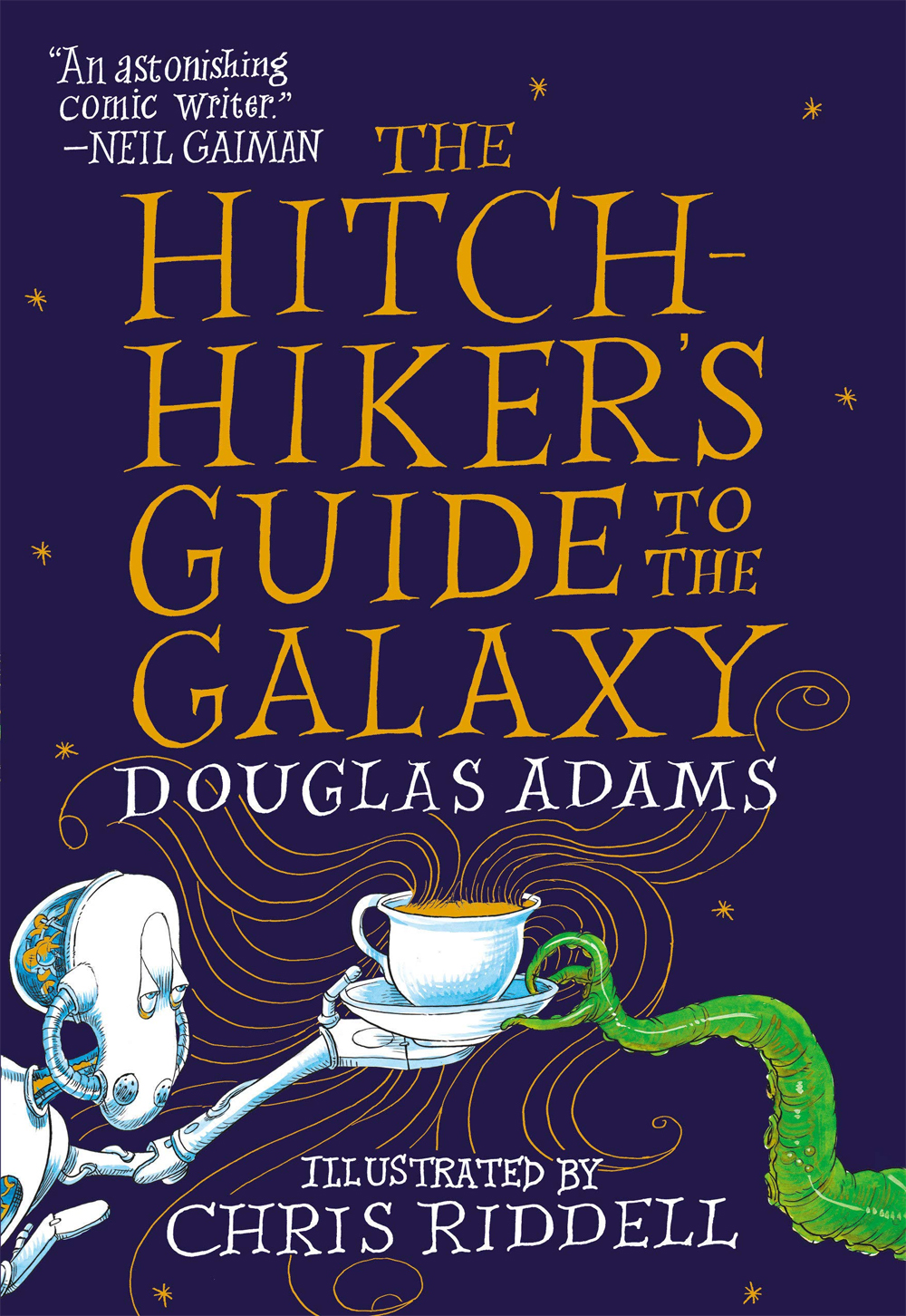


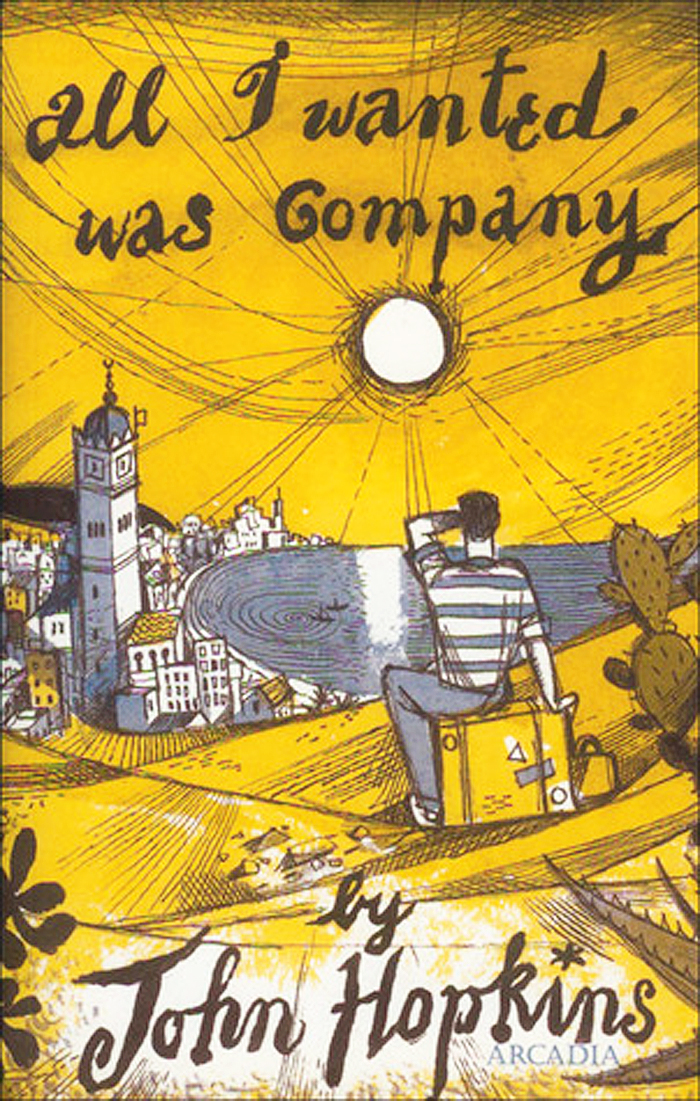



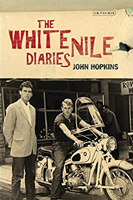




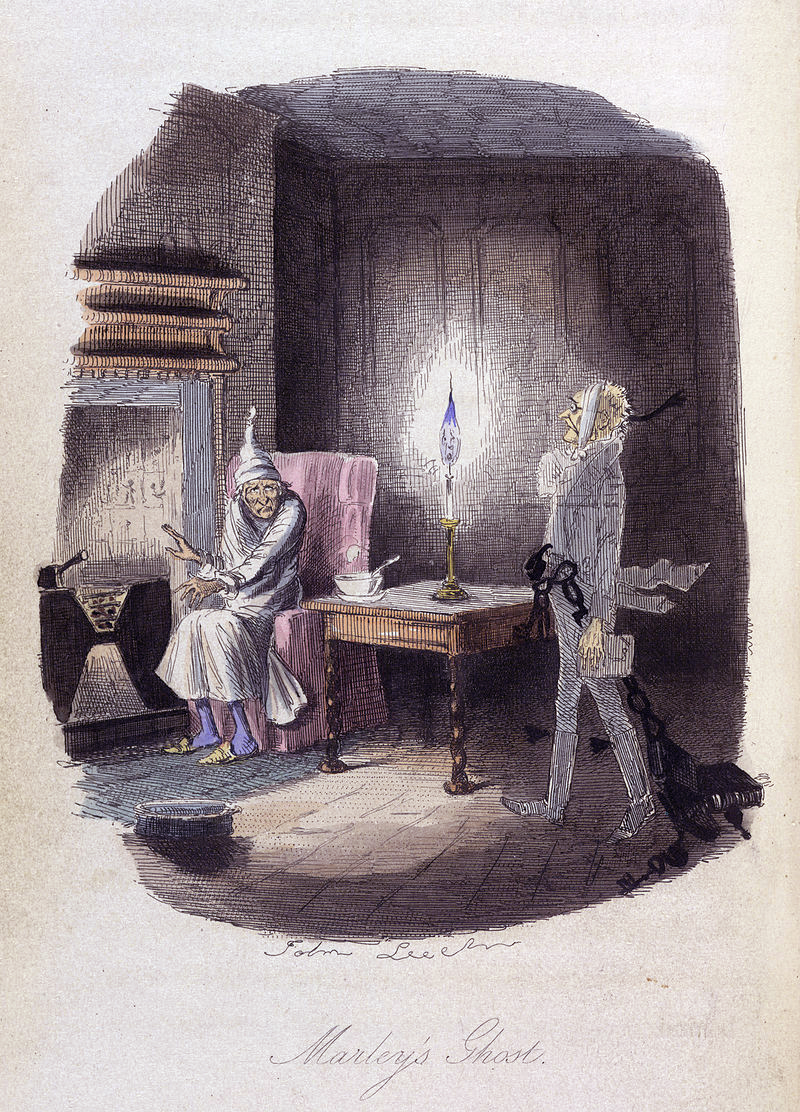
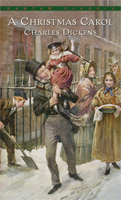
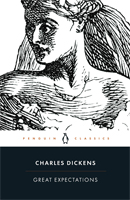



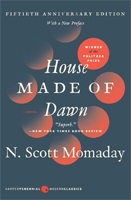
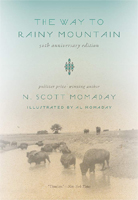




Search This Website